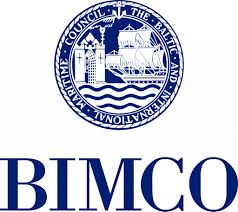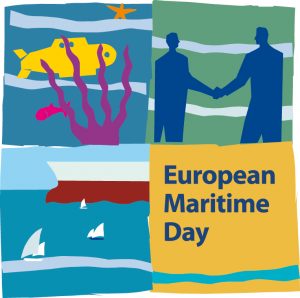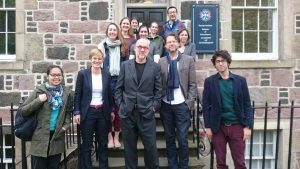In May I attended the workshop “Combating Transnational Maritime Threats off Africa – through Collaborative Efforts in Policy Making, Law Enforcement, and Capacity Building”. The workshop was a joint initiative by the Security Institute for Governance and Leadership (SIGLA), Stellenbosch University, the Defense Threat Reduction Agency (DTRA) International Counterproliferation Program (ICP) and the Naval Criminal Investigative Service (NCIS) in cooperation with the US Embassy, South Africa.
The three-day workshop aimed at investigating the links between different maritime crimes and how these can be addressed through joint transnational responses. Representatives from South Africa, the US as well as a broad range of Eastern and West African countries participated in the event. In my talk I drew on the initial results of my BA funded research project SAFE SEAS and highlighted the importance of identifying synergies between development, security and environmental capacity building projects. I also argued that more efforts need to be made to ensure that coastal communities benefit from capacity building and are recognized as important actors in ensuring maritime security.




